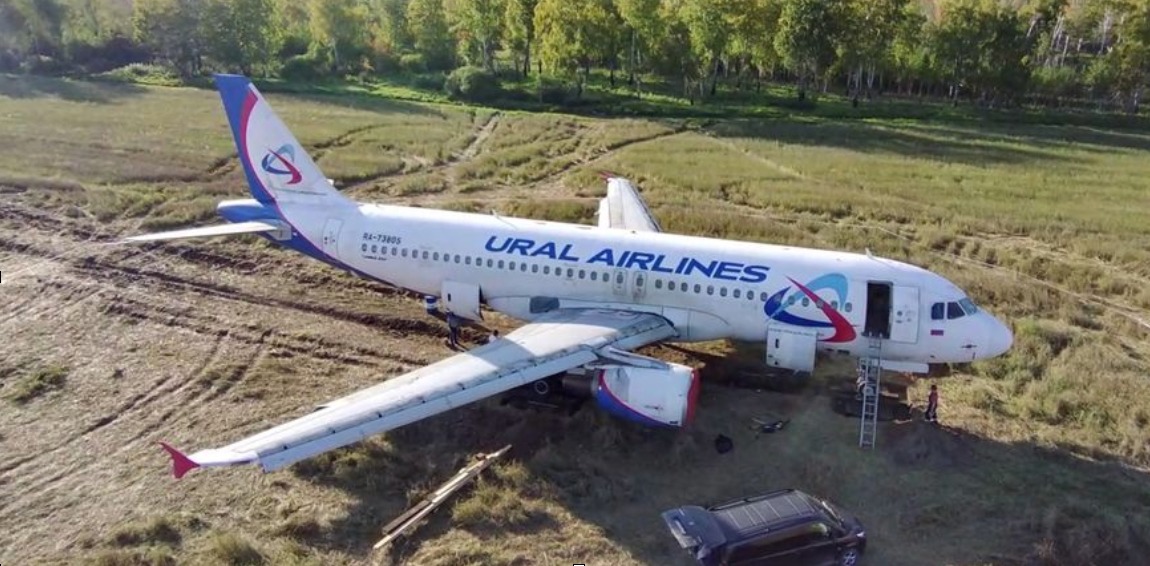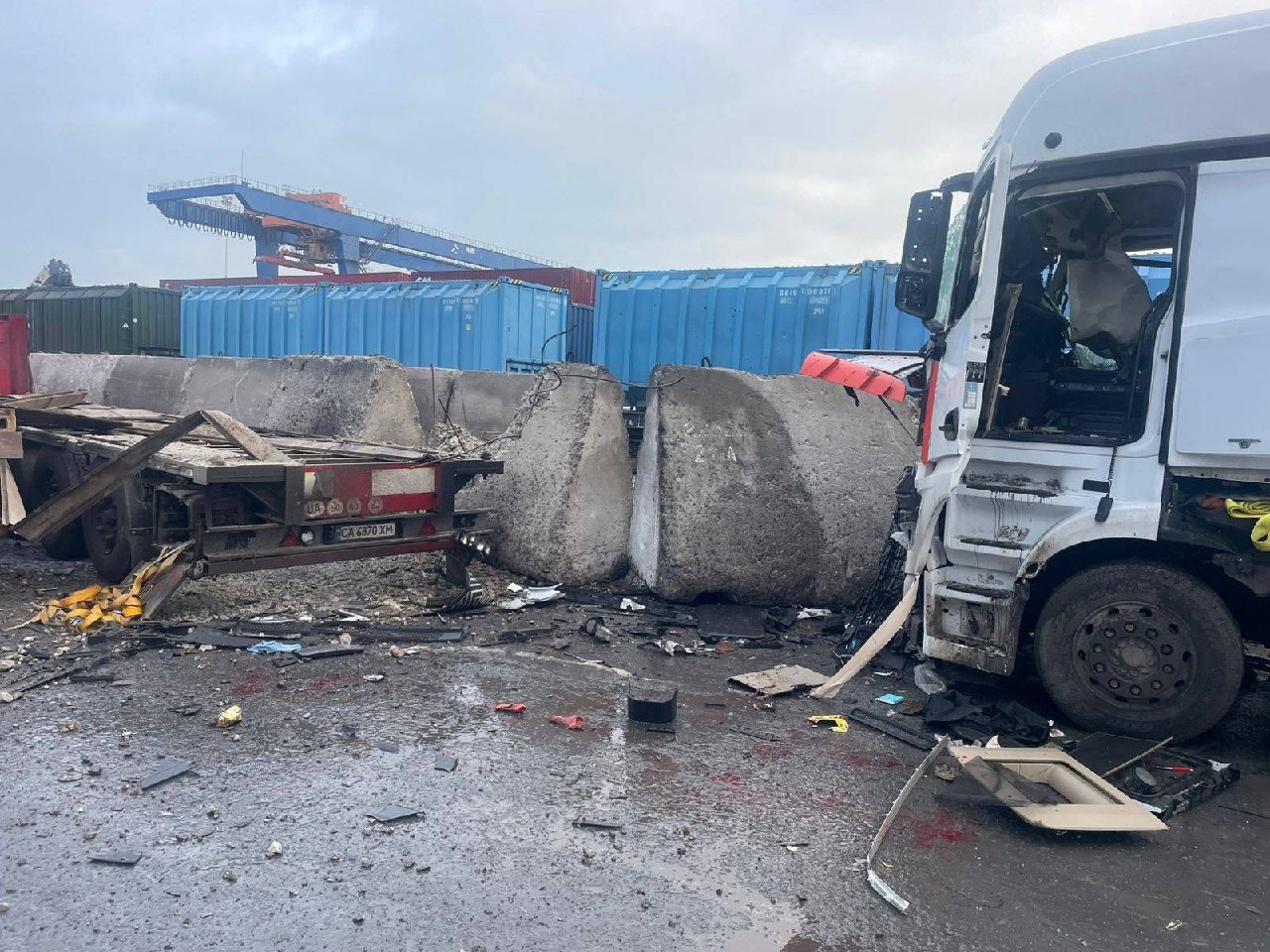The Main Intelligence Directorate of the Ministry of Defense of Ukraine reports that a successful and complex cyber operation in the cyberspace resulted in obtaining a significant volume of classified official documents from the structural unit of the Russian Ministry of Transport—'Federal Air Transport Agency' ('Rosaviatsia').
This agency is responsible for flight safety and records all emergencies during the use of Russian aviation.
Among the data obtained through the breach and penetration of enemy information systems are daily reports from 'Rosaviatsia' covering the entire territory of Russia over a period of more than one and a half years.
Their analysis indicates that the sphere of civil aviation in terrorist Russia is on the brink of collapse.
Only a few significant documentary facts:
Throughout January 2023, there were 185 aviation incidents recorded in Russia's civil aviation. About a third were classified as incidents of various levels of danger. The Russian short-haul aircraft 'Sukhoi Superjet' was the leader with 34 problematic cases.
In the first 9 months of 2023, Russia documented 150 cases of aircraft technical malfunctions. During the same period in 2022, there were 50 such incidents recorded. Therefore, the risk of flights in Russia has tripled.
The most problematic areas in Russian aviation remain engines and landing gear, as well as other crucial elements: hydraulic systems, wings, and software.
The aggressor state, Russia, faces serious difficulties in maintaining aircraft with high flight hours. Due to a lack of facilities and specialists in Moscow, they attempt to redirect aircraft maintenance to Iran, where corresponding work is carried out 'artisanally'—without proper certification.
As of March 2022, Russians had around 820 civilian aircraft of foreign manufacture. While at that time only up to 10% of them had undergone uncertified repairs with non-authentic parts, now nearly 70% of the fleet has undergone such 'service.'
The acute shortage of spare parts has led to the so-called 'aviation cannibalism' in Russia, where some aircraft are dismantled for the repair of others. According to estimates, by mid-2023, over 35% of aircraft in Russia have been designated as 'donors.'
Most Soviet An-2 aircraft, as of now, cannot take off as their engines were produced in Poland, and due to sanctions, their supply has been halted.
In January 2023 alone, among 220 Airbus aircraft in Russia, there were 19 different failures recorded. In particular, in 9 aircraft used by Aeroflot, 17 cases of smoke were documented.
Out of 230 Boeing aircraft in use in Russia, 33 technical failures of various aircraft systems were recorded.
Every seventh Brazilian Embraer aircraft failed to withstand the conditions of Russian operation, and there are 21 of them in Russia.
In September 2022, the International Civil Aviation Organization marked Russia in red, along with Liberia and Bhutan, indicating an extremely high risk to flight safety.
Analysis of aviation incidents from obtained documents indicates that a series of failures, especially related to engines, landing gear, and wing mechanisms, have a systemic nature. The trend suggests that the civil aviation sector in Russia is in a zone of serious turbulence with a high risk of entering a steep dive.
This reality is a direct consequence of sanctions, the most painful of which for the aggressor state, Russia, include:
- Ban on the supply of aircraft and spare parts;
- Complete refusal of technical maintenance and services;
- Denial of software updates;
- Detention of Russian aircraft abroad;
- Restriction of access to meteorological information for navigation.
Currently, Moscow, risking the lives of its population, is trying in every way to conceal the endless pile of problems with civil aviation.



















